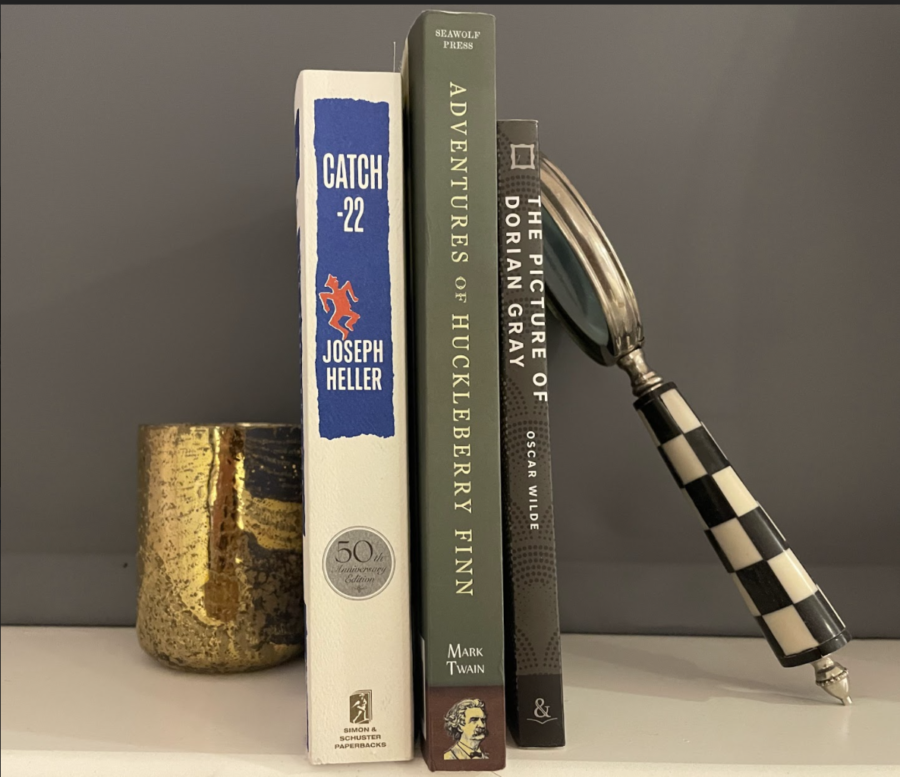Book Banning is More Sinister than “Protecting the Children”
Banned books offer insight into the topics that shape America.
Book banning has spread violently in recent weeks. The media is full of outrage over the extreme censorship of books that open readers’ eyes to racial or gender struggles. These bans are knowingly focusing on authors who are something other than white and cis, and are headed by the GOP. However, this wave of censorship goes much further than the front of parents “concerned” for the well-being of their children.
Book censorship is not a new idea in American History. It all started on March 3, 1873, when the Comstock Law came into effect. This law forbade any explicit content in literature and medical information to be mailed in the United States. Because of this, Oliver Wilde, author of the Picture of Dorian Gray, was censored, along with Arabian Nights and many more classics. This was the first time Congress passed a law censoring literature.
Later in American history, the battle over censorship in literature made its way to the Supreme Court with the case Board of Education V. Pico, 457 U.S. 853 (1982). In this case, the board of education in New York tried to remove antisemitic, anti-Christian, and “profane” books; however, students argued it went against their First Amendment rights. The Court found that the Board of Education was censoring ideas. Many more Supreme Court cases, such as Minarcini V. Strongsville City School District in 1976 (which tried to ban the book Catch 22), deemed that a student’s First Amendment right overpowers the school board’s inherent ability to censor books. This is the battle for what power a school board has to censor books and students’ rights to read the so-called “censored” book.
Now with the GOP making a grapple for a clean sweep in the midterm elections, they’re running partly on “protecting our children.” This campaign is more than just lawmakers passing laws to forbid content that talks about having an attraction to the same gender or banning books that eloquently portray the Holocaust in a historically accurate way. There is a darker side to this- namely, misguiding grassroots individuals. Most of the people pushing to ban books in school districts are mothers part of the organization Moms for Liberty. The group was founded by two Florida mothers who believe that mask mandates should not be in schools and that they are more educated than teachers and such on the school curriculum.
However, the real kingpin in this situation is Parents Defending Education. This is an organization that receives major funding from Leonardo Leo, an American lawyer tied to some shady dealings with former president Trump that include a deal to get Republican supreme court judges inducted and over 80 million in mysterious donations. The importance of this group and Moms for Liberty is that the ban on books is more than just giving parents the right to have a say in education- it is about changing the narrative of diversity.
Books are an integral part of learning. The saying “knowledge is power” is the truth. By reading, students can experience new cultures and bridge the gap between racial or gender differences by gaining an understanding of the struggles marginalized groups experience. When an individual reads they may see themselves, another person through a “window,” or enter into a whole new world while reading. This is the power of literature.
When these grassroots groups and politicians try to dismantle educational literature it only re-enforces the idea that the controversial books are the books that will have the most impact. Oscar Wilde famously said, “The books that the world calls immoral are books that show its own shame.”


